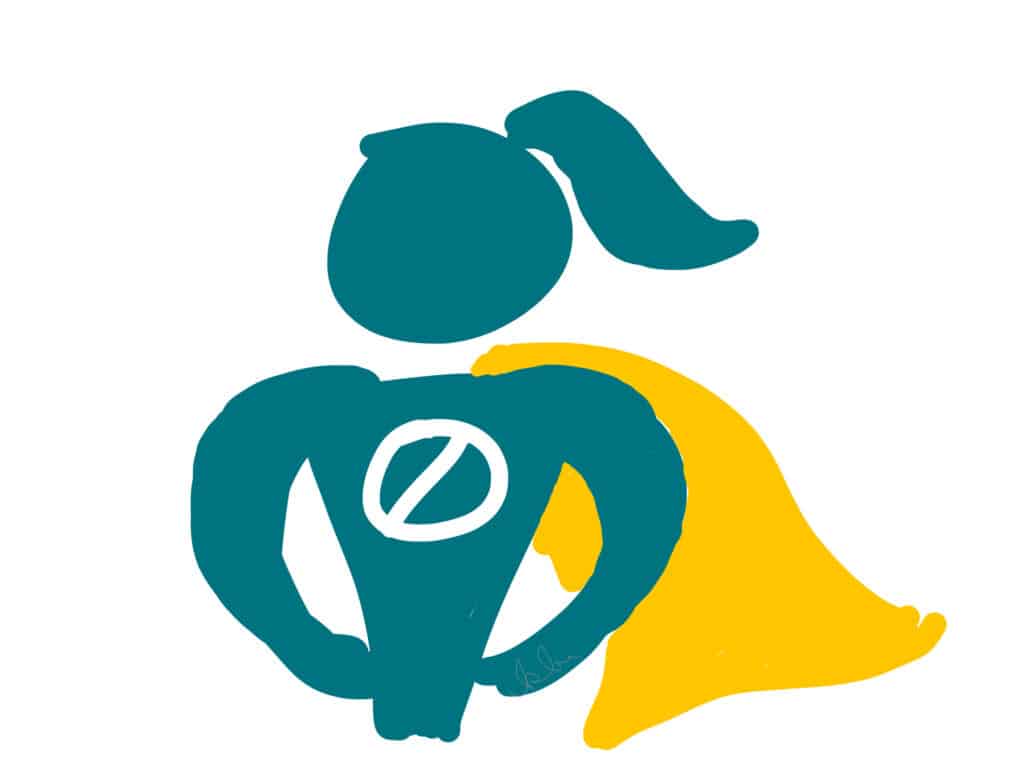As business owners, we’re interested in trustworthiness. We want to be known as someone – and a company – who can be trusted; and we want to work with those who are the same.
We’re also (and I speak absolutely for myself here) stubborn to a point.
We can do it. We will do it. No matter what! We can make. this. work.
Whatever “this” is, whether large or small:
A product we’re creating. An event we’re running. Meetings with clients. A new hire in the early stages. The business itself.
So we keep pushing. Show up, send the emails, make the phone call, record the videos. More training for the new hire, more new hires. Make sure we never let anyone down.
Of course, we do let people down now and then – and usually it’s not our fault. We get sick, or something happens to a family member, or there’s an emergency and we need to shift things around.
Sometimes it’s a learning we didn’t have before: that wasn’t a good time to run an event, this wasn’t the right topic, didn’t consider holidays.
Or it’s simply a fail. It didn’t work and we’re not quite sure why.
Regardless, we still think of it as a fail.
A personal fail, even. Like we failed and it’s all on us.
But cancelling things can be a superhero skill: when you do it well, knowing why it’s time to cut the cord.
Here are some of the things I consider when I’m trying to decide if it’s time to dig in and keep going…or stop, and go another direction:
1. Does anyone even know about it?
Sometimes the thing we are cancelling or stopping has been a big part of your business life and used a lot of your brainpower, but no one outwith you and maybe your team even know it was meant to happen.
A few years ago we were building a “PF Dashboard” app. We spent tens of thousands of pounds on it, hours and hours of team time and dev time, and yet it was the project that never ended. Money kept flowing out and the work kept going, but we still didn’t have a usable product after two years. I realised I had to decide if we kept going (and I ran the numbers to estimate what future costs we’d be looking at), or cut the cord. One of the biggest reasons I stopped it was that it was an ‘extra’. No one was expecting it, so we lost nothing by not doing it, because our clients were happy enough with the Gsheet dashboard we used (and still use to this day!).
2. What’s the cost of not doing this now?
The default, of course, is to keep things. Stick with the plan, hold the event, show up. But if you are faced with considering a cancellation of some kind, consider the full cost of not doing it. These costs could be more than financial and could include:
- Motivational cost for you and the team (a letdown because you’re not doing this thing anymore)
- Decreased trust for clients or prospects (you said it was coming and it didn’t -they might wonder if you’ll really do it next time)
- Financial cost of the thing itself (venue, cancellation fees, booked travel, fees you’ve paid so far, committed future fees)
- Loss of strategic partnership connection (you were doing it with someone else, and this will prevent future partner opportunities)
As an accountant you will know the numbered, financial cost. Check the full cost before you cancel.
3. What’s the benefit of not doing this now?
Now that you’ve thought about the costs, flip things around and ask the same questions from the other end. Could it actually help you and your company to cancel? Could you use all this time, energy, money, and effort towards another project, which might have a bigger impact?
4. Could you replace it with something else?
If it’s an online event, can you move it to another day? If an in person event, could you replace it with an online option or some one to one support? If it’s a new membership website, could you sign up for one of those platforms which isn’t quite as perfectly on-brand but will do the job?
Sometimes a replacement really isn’t a cancellation at all. You’re still doing it, but in another way. It’s possible that the new way isn’t as costly in time, energy, and money, but it can have a similar impact.
5. Do I have the energy and appetite to keep going?
This one is significant. I can keep going with a lot of things with an almost automaton approach…but it’s good to pause and think about my ability to be excited and motivated about this.
Usually, this is in comparison to what else I could be focused on. Given all the other things on my plate, where do I want my energy to go? How much do I have to give, and where is it best used? Will this thing give me renewed energy, or will it drain it?
I ended up cancelling a small event recently, and whilst I was really disappointed, it was also the right decision for me, the clients, and the business – given my reflections on the five points above.
And a few days later I saw someone on LinkedIn sharing that they’d cancelled and rearranged an online event, and I really appreciated the transparency. Sometimes we don’t like to admit we needed to cancel, and believe everyone will think badly of us.
But the truth is it can be a superpower, if it’s done well and communicated clearly and honestly. And when it’s more the exception than the rule.
Anything you are considering stopping right now? What impact might that have?



